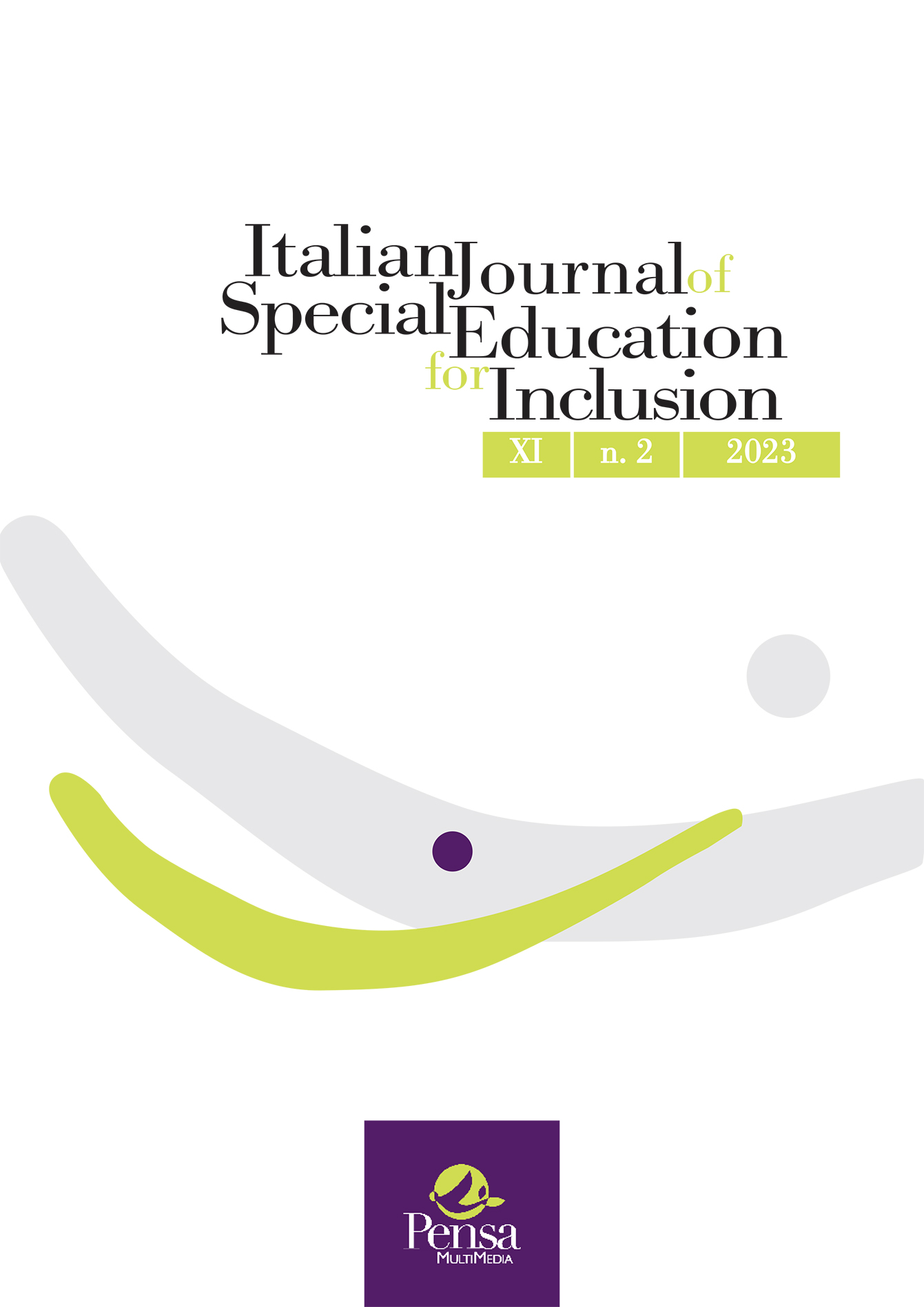Tecnologia e Accessibilità in prospettiva inclusiva: sfide, opportunità e implicazioni Formativo-Didattiche
DOI:
https://doi.org/10.7346/sipes-02-2023-07Abstract
Abstract
Il presente articolo si propone di analizzare il tema dell'accessibilità digitale in ambito educativo. Dopo aver fornito una panoramica del quadro normativo, nel testo gli autori si concentrano sulle sfide e sulle opportunità offerte dalla tecnologia per promuovere l'inclusione scolastica. Nel secondo paragrafo si analizza l'evoluzione normativa del principio di accessibilità digitale in Italia. Si evidenzia come il principio di accessibilità sia stato riconosciuto per la prima volta dalla Legge n. 104/1992, che ha stabilito l'obbligo di rendere accessibili i servizi radiotelevisivi, telefonici e le attività sportive, turistiche e di ricreazione. Tuttavia, è solo con la Legge n. 4/2004, nota come Legge Stanca, che è stata introdotta una normativa specifica in materia di accessibilità delle tecnologie e dei sistemi informatici. Il terzo paragrafo si centra sulla formazione come elemento chiave per promuovere l'accessibilità digitale in ambito educativo. L'autore evidenzia come gli insegnanti debbano acquisire le competenze necessarie per progettare attività didattiche inclusive e accessibili, che tengano conto delle diverse esigenze degli studenti. Nel quarto paragrafo si definiscono le questioni di ricerca relative all'accessibilità digitale in ambito educativo. Si evidenziano tre questioni principali:
- La dis-percezione della tematica da parte dei docenti: molti insegnanti non considerano l'accessibilità come una priorità e non hanno le competenze necessarie per integrare efficacemente gli strumenti digitali negli ambienti educativi.
- L'evoluzione tecnologica: la rapida evoluzione tecnologica rende difficile per i docenti tenere il passo con le novità e può distogliere l'attenzione dal processo di inclusione.
- Il ruolo dei docenti: i docenti devono essere in grado di acquisire competenze digitali e di progettazione universale per integrare efficacemente gli strumenti digitali negli ambienti educativi.
L'articolo si conclude sottolineando che l'accesso alle tecnologie e alle opportunità di apprendimento è un diritto fondamentale per tutti gli individui, indipendentemente dalle loro disabilità. La ricerca in questo campo può fornire importanti contributi per la progettazione di interventi efficaci per promuovere l'accessibilità digitale e l'inclusione negli ambienti educativi.
Keywords: accessibilità digitale, inclusione scolastica, formazione, ricerca azione


